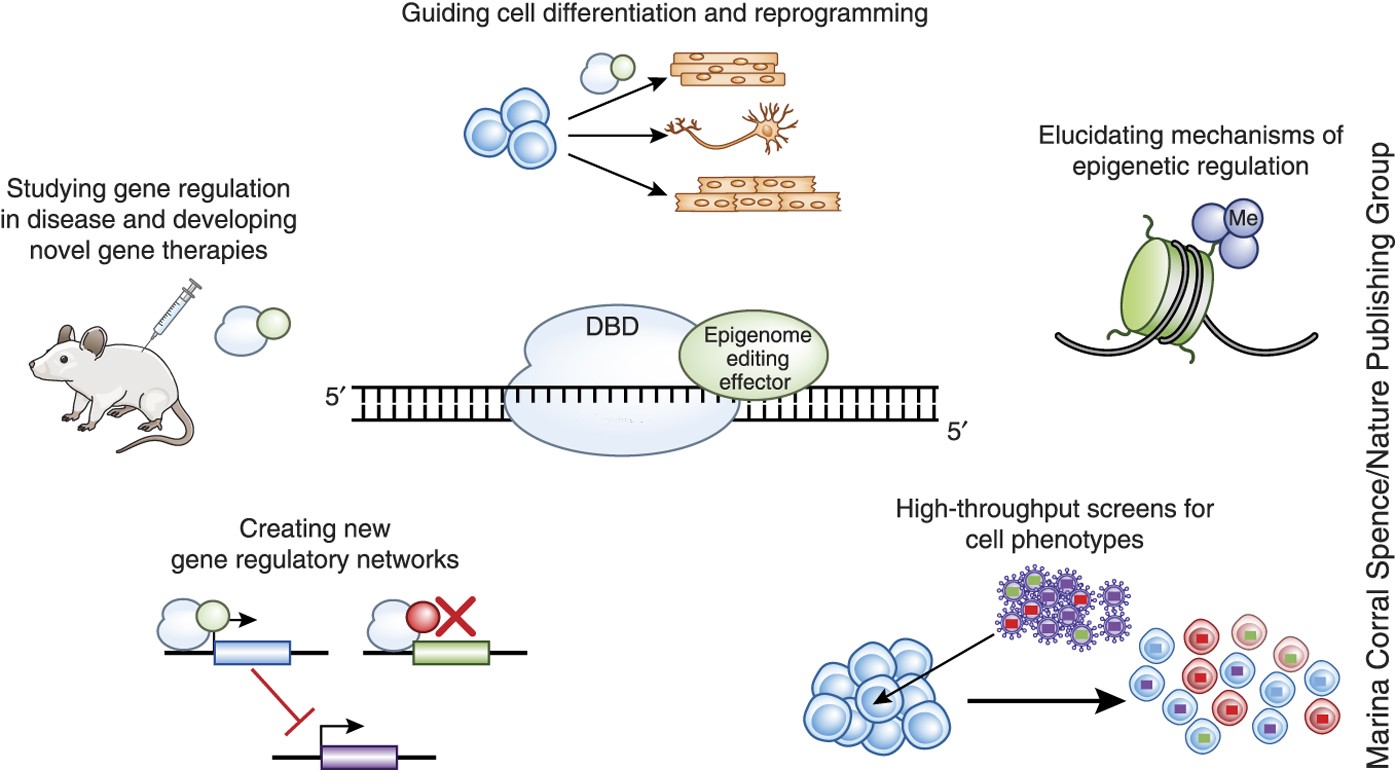
Genome editing is a controversial subject to say the least. Not only are there various ethical questions to consider when editing an individual's genome, but in many cases the long-term effects of gene editing are unknown. However, few can deny the power of gene editing when it can be used to reverse, and perhaps even eradicate, various diseases. One research team from John's Hopkins is researching how epigenome editing- a way of editing genes without actually altering DNA- can be used to help treat neurological diseases.
The gene this team is targeting is C11orf46. Mutations of this gene lead to the development of WAGR syndrome, which results in intellectual delays and other health problems. The mutations typically culprit to this disease are deletion mutations. So, to study the effect these mutations have on an individual, the researched "silenced" the gene in mice via epigenetic techniques. This means instead of altering the DNA, they altered the chromatin packing the DNA is wrapped in to make this gene harder to access.
By silencing the gene, researchers were able to identify a higher expression of the semaphorin 6A protein. The researchers then used more epigenetic techniques to reduce the expression of this protein, resulting in an increased health in the mice.
This research could lead to incredible advances in finding cures for various neurological diseases. Additionally, the fact that none of the DNA sequences are actually altered would reduce the amount unforeseen long-term effects and make this method more favorable to the general population.
Article: https://www.medicalnewstoday.com/articles/327296.php#4
Related Article (Information on Epigenome Editing): http://gersbach.bme.duke.edu/research/epigenome-editing-and-gene-regulation
"Additionally, the fact that none of the DNA sequences are actually altered would reduce the amount unforeseen long-term effects and make this method more favorable to the general population." While I agree with everything else, I think I disagree with this sentence. The only reason is because the silencing of one gene could have effects/side effects that don't truly become effective until years later, sometimes. From what I understand of genome editing, it takes very long term monitoring to actually determine whether or not unforeseen long-term effects will become a problem or not though I do agree that reducing the potential does seem promising.
ReplyDelete